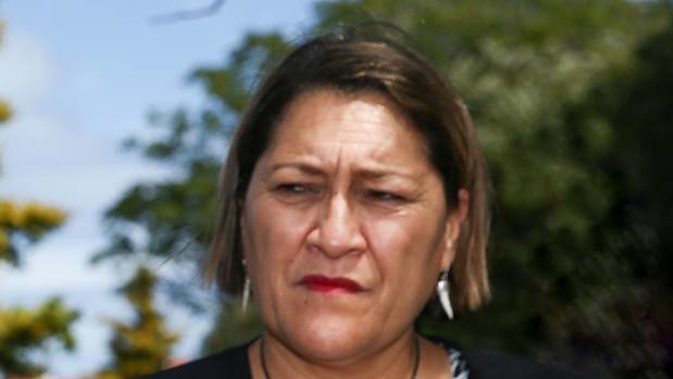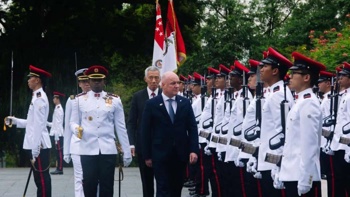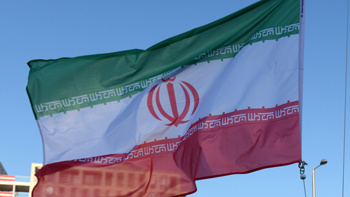
Meka Whaitiri has addressed the accusation of bullying that led to her sacking as a minister.
Months after it was alleged she shouted at and manhandled a member of her staff, the subsequent public scrutiny has taken a toll on the Ikaroa Rawhiti MP.
Speaking to Hawke's Bay Today, Whaitiri says she "doesn't shy away from the incident" but believes there are underlying issues with the way it spiralled.
"I think the whole process in terms of how it was managed was a bit disappointing with the leaks."
On August 30, in front of a media stand-up, Prime Minister Jacinda Ardern announced she no longer had confidence in Whaitiri as a minister.
Whaitiri was stood down from her portfolios, including Customs.
Three days earlier it was alleged her actions had left bruising to the upper right arm of the staffer, who had been in the role for six days.
The report into the incident found it was "probable" that the employee's version of events was more likely than the Minister's.
Whaitiri says there are certain parts of the report she agrees with, but others she "actively continues to challenge".
"In this country, we have a hierarchy; white men, white women, brown men, brown women, and sometimes brown women have to talk extra loud to be heard," the MP said.
As soon as news of the incident broke, Whaitiri decided to "ride it out", withdrawing from social media, and interviews with mainstream media.
"I knew as soon it came out I was going to get scrutinised worse than anyone else. No matter what I said, it was going to be painted that I'm a bully, an assaulter - all this crap.
"I'm trying not to make excuses or water down the allegations, all I am trying to say is there are often things that we want to say, that no-one gives us time to say."
Whaitiri says the events have taken a toll on her family.
"My 80-year-old mother has been the strongest," she says, tears welling in her eyes.
"When your name is being trashed ... by ill-informed, exaggerated, no-evidence statements by political broadcasters and commentators and I'm not allowed to say anything because I am co-operating with the investigation, I would never wish it on my worst enemy.
"It was debilitating."
Whaitiri says she was humbled by the support she received from the Māori caucus in Labour and Ngāti Kahungunu iwi.
"It heartened me, having spoken to the people I represent to say 'hang in there'."
Whaitiri is now undergoing counselling, mentoring, coaching and a number of courses, including mindfulness.
"It's allowed me to step out of the pressures of being a minister ... and work on myself.
"Because sometimes, when you're in the thick of things, you can't see the wood for the trees."
Since Whaitiri was first elected in 2013, after predecessor, Parekura Horomia died, she has made it clear she would only work a maximum of 10 years in Parliament.
"I'm only here for a short time."
Whaitiri said Ardern gave her the impression she was "leaving the door open" for her to come back into the ministerial role.
She said she didn't want to leave "any stone unturned" to show how serious she was about coming back as a minister.
A spokesperson for the PM said she leaves openings for ministers if they are able to address the issues raised about them.
"She would do that for [Whaitiri]."
Take your Radio, Podcasts and Music with you









